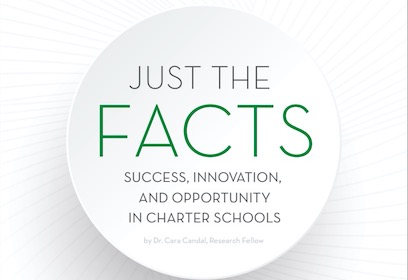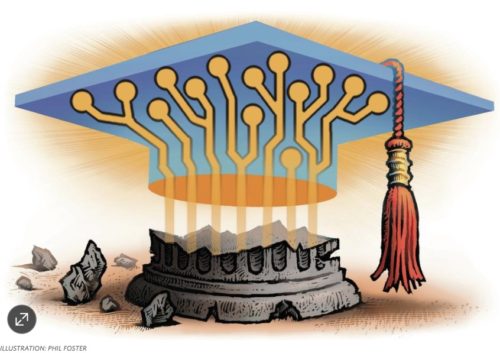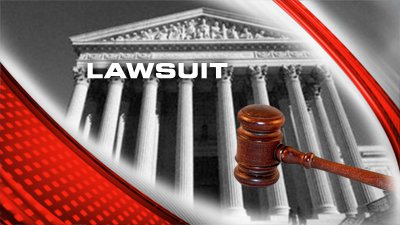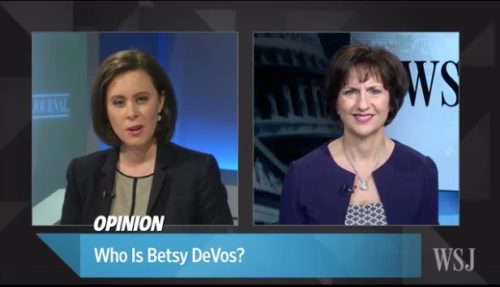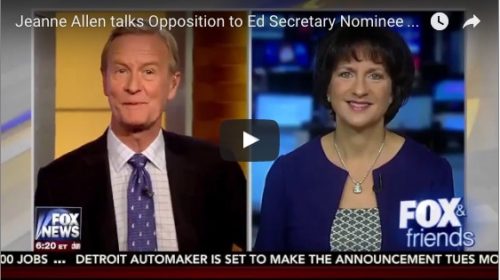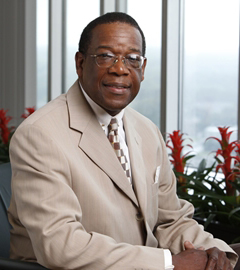Opinion
Floyd County Times
January 24, 2017
Kentucky felt an earthquake on November 8, 2016 that drastically changed the makeup of Frankfort and provided the Bluegrass state with a viable path to finally adopt needed reforms. With an eager Governor and a General Assembly intent on improving Kentucky’s business climate and education system, Kentuckians from all parts of the state should be excited about one thing: opportunity.
The General Assembly has the opportunity to expand public education options for all parents, students and educators. Legislation allowing for public charter schools is long overdue. Kentucky is one of only seven states that does not allow for these innovative public schools. Unfounded myths, baseless fears, and a host of honest questions have provided cover for policy makers to place special interests ahead of student success. As a late adopter of public charter schools, Kentucky can learn from twenty-six years of research and best practices on what does—and does not—work with public charter schools.
Before passing a public charter school bill though, it is important to understand what exactly public charter schools are. Simply put, they are public schools that are free to be more innovative but are held strictly accountable for improved student achievement and management through the “charter,” a performance contract that outlines school expectations. As public schools, charter schools do not charge tuition, teach religion, or have admissions requirements and they are held to the same high standards as every public school in Kentucky, with greater accountability.
There are certain aspects of a public charter school bill that are important to include so that these institutions can be successful. First, there must be multiple types of authorizers. Authorizers are the entities that carefully review a charter application, give it the green light to open the doors, oversee its performance, and shut them if they don’t meet the needs of children, parents, and taxpayers.
In the interest of true innovation and market principles, multiple authorizing authorities are a critical component to maximize positive impact. Some say that only local school boards should authorize charter schools citing “local control on decision making.” However, nothing is more local than parents and guardians making a decision about their children’s education. Further, the boards that govern individual charter schools will be local and ensure local control.
Second, a public charter school bill must allow educators, parents, and community members throughout the state an equal opportunity to apply to start a new public charter school from scratch. Legislation should not limit public charter schools to one or two counties. Instead, policy makers should acknowledge that parents, kids, and teachers, no matter their address, deserve equal parent power.
Third, equitable funding for public charter school students is a must. Continuing to allow public dollars to follow children is essential to giving public charter schools the opportunity to be successful and make a difference for our state.
The 2017 General Assembly will hopefully bring new opportunities to our kids. The time is now to pass a strong public charter school bill.
This op-ed is a product of the Kentucky Charter School Project, a group comprised of the following organizations: Americans for Prosperity – Kentucky, Bluegrass Institute, Greater Louisville Inc., Kentucky Chamber of Commerce, Kentucky Pastors in Action Coalition, Center for Education Reform, ExcelinEd in Action, National Alliance for Public Charter Schools, National Association of Charter School Authorizers.












